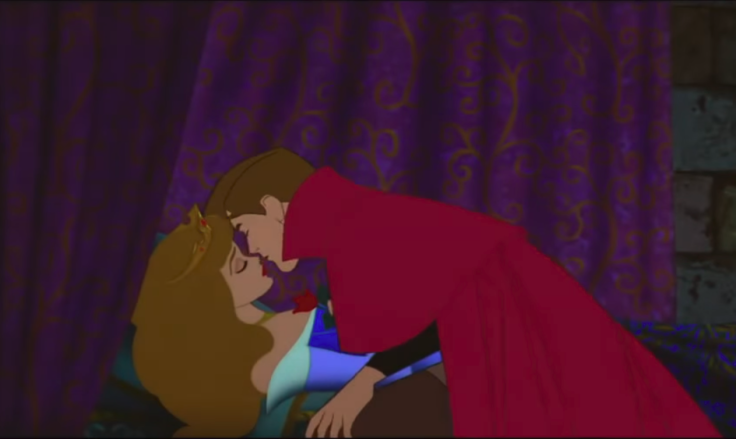Disney Princess movies promote sexual violence, says academic
Gender studies professor Kazue Muta argues that there is a lack of consent in Snow White and Sleeping Beauty.

Once upon a time a girl sings about her emotions, gets into a spot of trouble, is saved by true love's kiss, marries him, and lives happily ever after. That is more or less the plot of some of the best-loved Disney Princess stories – and it's a formula that promotes sexual violence, according to an academic.
The plots of Snow White and Sleeping Beauty, where a prince revives the unconscious main characters from a slumber with a kiss, feature harmful depictions of sexual consent, argues Kazue Muta, a gender studies and sociology professor at Osaka University in Japan.
These moments amount to "quasi-compulsive obscene sexual acts on an unconscious partner" Muta wrote in her book Sir, That Love Is Sexual Harassment, according to a translation by news.com.au.
"You might think I'm ruining the fantasy of it all, but these stories are promoting sexual violence and I would like everyone to be aware of it," she added.
Following criticism of her take on the classic stories, Muta defended her position in a piece for the website Women's Action Network, and wrote that despite the princess and prince living "happily ever after" that "this understanding of it is actually dangerous".
"This kind of thinking fabricates the mindset of 'the ends justify the means' and to what extent does this allow sexual violence to occur?"
She added that in the wake of the #MeToo movement, "changing society's recognition of sexual violence is not an easy thing to do. However, we must say these things loudly and boldly."
Muta is not the first person to criticise Disney for its portrayal of consent and relationships. In November 2017, a mother from the UK launched a campaign to get Sleeping Beauty cut from her six-year-old son's school curriculum because of how it portrays sexual behaviour and consent.
Sarah Hall told the Chronicle Live that people not being affronted by the prince kissing Aurora even though she is asleep is "indicative of how ingrained that kind of behaviour is in society".
Kate Edwards, chief executive of Seven Stories, the national centre for children's books told Chronicle Live: "The fairytale tradition is rooted in moral instruction, telling children what's right and wrong.
"Of course, the cultural context and moral have changed hugely, so it's important that children are given cultural context – but you can do that without losing these stories."







